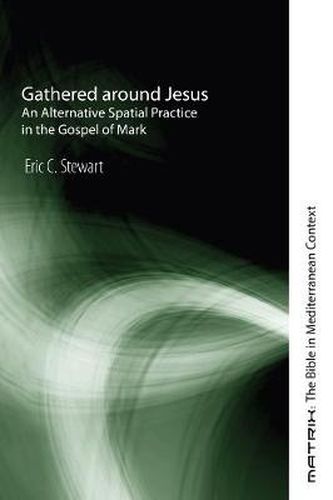Readings Newsletter
Become a Readings Member to make your shopping experience even easier.
Sign in or sign up for free!
You’re not far away from qualifying for FREE standard shipping within Australia
You’ve qualified for FREE standard shipping within Australia
The cart is loading…






This title is printed to order. This book may have been self-published. If so, we cannot guarantee the quality of the content. In the main most books will have gone through the editing process however some may not. We therefore suggest that you be aware of this before ordering this book. If in doubt check either the author or publisher’s details as we are unable to accept any returns unless they are faulty. Please contact us if you have any questions.
Modern theorists are virtually united in understanding that space encodes social practices and power relations. Those who control space exert their control by means of particular spatial practices. Models of critical spatiality, such as that of territoriality, show how social relationships are predominant in the classification, communication, and control of space. Space is seen as a relational category rather than an absolute category. In this innovative study, Stewart addresses Mark’s editorial and/or compositional control over the geographic presentation of Jesus’s ministry. He makes the case that Mark presents the world spatially in a manner widely consistent with geographic traditions found in Greek and Roman texts. In Mark, Stewart argues, Jesus offers an alternative spatial practice, one that is centered on himself. The kingdom of God exists spatially in the area around Jesus in which the new community gathers.
$9.00 standard shipping within Australia
FREE standard shipping within Australia for orders over $100.00
Express & International shipping calculated at checkout
This title is printed to order. This book may have been self-published. If so, we cannot guarantee the quality of the content. In the main most books will have gone through the editing process however some may not. We therefore suggest that you be aware of this before ordering this book. If in doubt check either the author or publisher’s details as we are unable to accept any returns unless they are faulty. Please contact us if you have any questions.
Modern theorists are virtually united in understanding that space encodes social practices and power relations. Those who control space exert their control by means of particular spatial practices. Models of critical spatiality, such as that of territoriality, show how social relationships are predominant in the classification, communication, and control of space. Space is seen as a relational category rather than an absolute category. In this innovative study, Stewart addresses Mark’s editorial and/or compositional control over the geographic presentation of Jesus’s ministry. He makes the case that Mark presents the world spatially in a manner widely consistent with geographic traditions found in Greek and Roman texts. In Mark, Stewart argues, Jesus offers an alternative spatial practice, one that is centered on himself. The kingdom of God exists spatially in the area around Jesus in which the new community gathers.